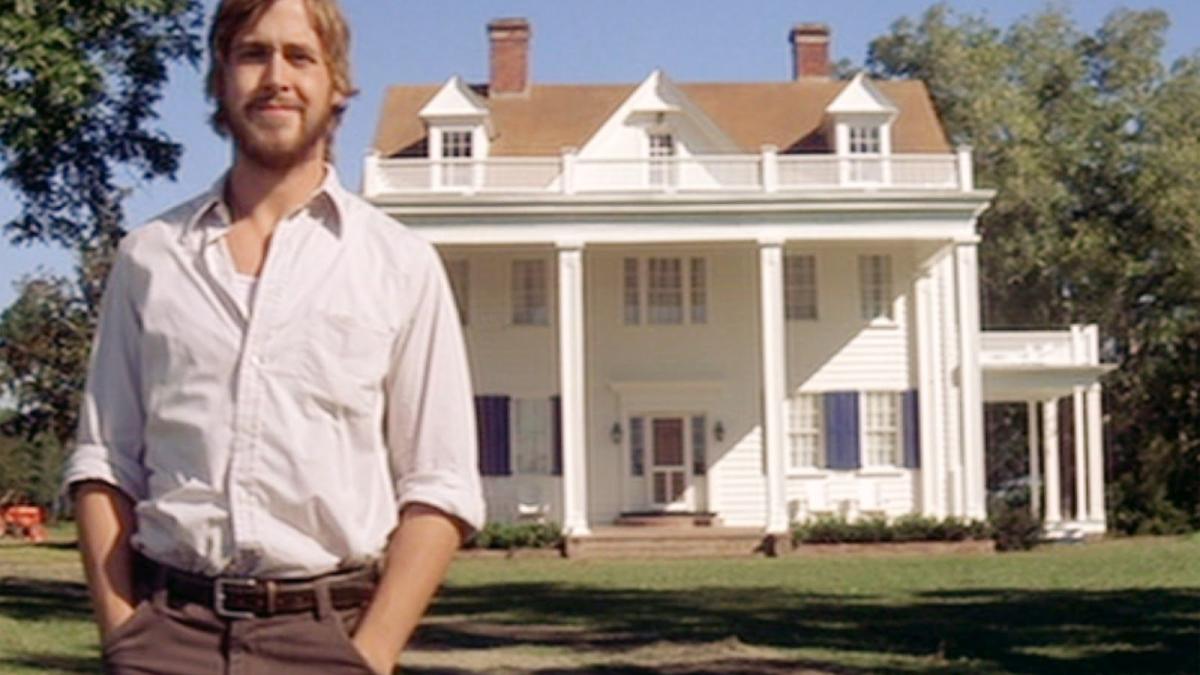
So you want to buy a house. You want to paint the walls without landlord approval. You want to pay your own hot damn home loan and never have to speak to another real estate agent ever again so long as you live so help you god.

Understandable. I feel you. My landlord recently said ‘hell no’ to planting a veggie garden and I’m V. resentful right now. Like, does he even care about food miles? Does he understand the world is burning? Has he watched the latest Attenborough? Anyway, off-topic.
Let’s talk house deposits. If you’re a wannabe future homeowner, then listen up because we, with the help of ME Bank, are answering a bunch of your most burning first home questions.
1. What’s the actual deal with first home deposits and how much do I really need?
Good question, young savings padawan. Any home deposit, let alone your first home deposit, can feel like a far-off dream. Or nightmare, depending on whether money talk gives you anxiety.
On paper, the most minimum of minimum deposits is 5%. And some lenders will hand over the remaining 95%. But the catch of a small deposit? A bigger loan and having to pay Lenders Mortgage Insurance.

ME’s General Manager of Home Loans, Andrew Bartolo reckons 20% of your dream property’s purchase price plus extra to cover costs is a good way to go. If you’ve got the income and the time to save 20% for sure do it. “A bigger deposit shows lenders you’re a good saver and able to manage your finances. This can increase your chances of getting approved for a home loan”, says Bartolo.
Either way (20% or not), use ME’s handy dandy calculator to figure out a sum that’s gonna suit your budget. At the end of the day, you’ve got to find a number that works for you.
2. Should I factor in any other sneaky expenses on top of my home deposit?
Yaaaas. The answer is always yaaaas. Buying a house is a super expensive endeavour. It’s exciting and it’s great and you can throw your own house parties without fear of landlord retribution but it definitely costs moolah and the home deposit is just the first item on the agenda.

The biggest expense to factor in is stamp duty. Stamp duty is calculated based on the contract price of your property, and once it’s out of your piggy bank it goes straight to the government. Never to be seen again. It’s not fun, but unfortunately it’s the way the world works. How much stamp duty you have to pay varies between states and territories, but what’s this? A stamp duty calculator? Thank ME later.
On top of stamp duty you should budget for things like conveyancing costs (the legal process of transferring ownership of a property via a conveyancer or solicitor); building and home and contents insurance (yep, because you’re a responsible adult now); plus strata searches and building and pest inspection costs (infestation problem? I’d want my money back). You’re an adult now, better get your budget in order.
3. How much should I have in my savings AFTER I’ve paid my deposit?
Unfortunately, life doesn’t end after you’ve paid your home deposit and related costs (though congratulations, that’s huge news! Your mum must be so proud!). Now that you’ve scored yourself a home, it’s a very bueno idea to factor in enough savings to make sure you can continue to do things like feed yourself and fix that leaky roof.

The day you get your keys, you’d ideally want around six months worth of income (if you can manage it!) tucked away for a rainy day. Because remember that leaky roof? Get it fixed before you live in a swamp, sheesh. If you’ve bought a fixer-upper or a cute house with old bones, you’ll want to factor in cash monies for repairs as they occur. Same goes for an emergency fund when your fridge inevitably dies. After all, you’ve had it for ten years and it makes a weird humming noise when you open the door.
“Far too often, emergency funds are a complete afterthought. For the first time, you’ll be responsible for the upkeep of all appliances and building maintenance so you need to make sure that you can cover the costs (in addition to your home loan repayments) if things need to be repaired. There is also a raft of new expenses you’ll need to prepare yourself for like council rates, water rates and home insurance. You will need to factor these into your monthly general living expenses,” Bartolo advises.
Welcome to homeownership, you grown up.
If you’re looking for more house deposit info, head on over to ME Bank or chat to one of ME Bank’s Mobile Bankers for expert advice. May the savings be ever in your favour.



